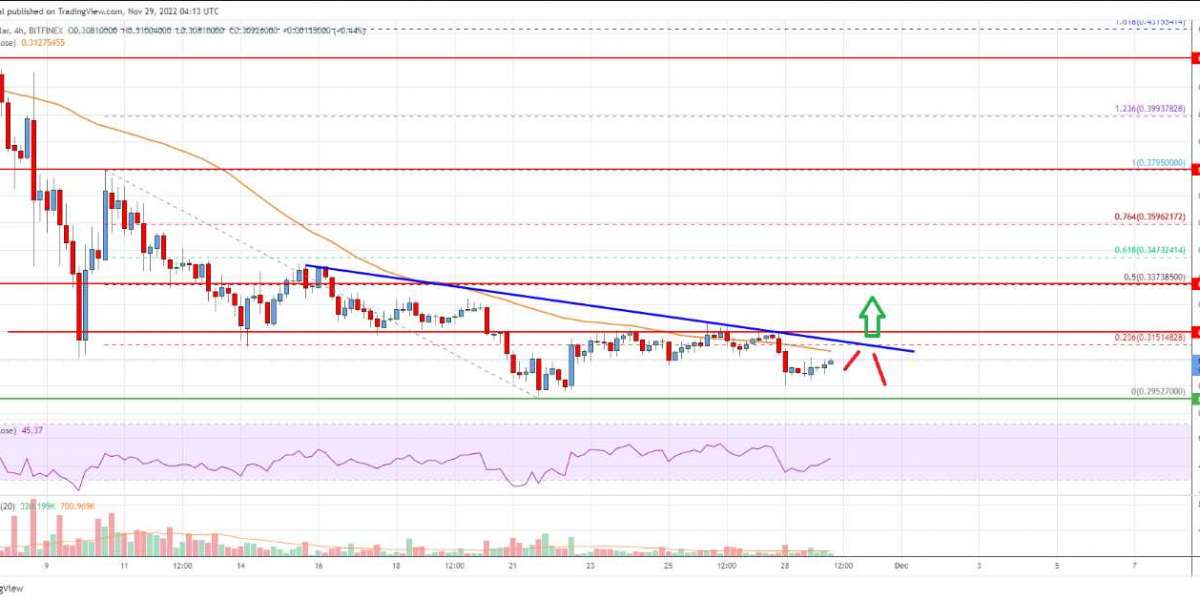The way we view money is evolving because to cryptocurrencies. Governments, investors, technological experts, businesses, and the general public from all over the world are paying attention to it since it is challenging many traditional norms in the financial services sector.But many individuals are unsure of where cryptocurrencies are kept.
In the simplest terms, it may be assumed that cryptocurrency would naturally move into a crypto wallet. As a result, there has been a significant increase in interest in recent years in learning about different types of crypto wallets. Since choosing a crypto wallet is one of the most important choices before investing in cryptocurrency, people worry about the implications of their choice.
It is advantageous to keep your cryptocurrency investments in your wallet if you have done so. While wallets are necessary to protect your investments, picking the best one can be challenging.
Blockchain Wallets
To communicate with a blockchain network, use a cryptocurrency wallet. Hardware, software, and paper wallets are the three main categories of cryptocurrency wallets. They can be further categorized as hot or cold wallets depending on their work. Hardware-based wallets are the most secure, although software-based ones are more widely available and practical. Printed on paper, paper wallets are now dated and untrustworthy. Cryptocurrency wallets actually serve as a tool for interacting with the blockchain, i.e., producing the data required to receive and send money via blockchain transactions.
Pairs of private and public keys are included in the data. These keys are used to create the address, an alphanumeric identification. This address basically indicates where on the blockchain coins can be transmitted. Private keys must never be made public, however the address can be shared to receive payments. To access the cryptocurrency, simply utilize the private key on any wallet. Funds can be accessed on any device as long as the private key is known. Coins never leave the network; instead, they are simply moved from one address to another.
Various cryptocurrency wallets: Cold vs. hot storage
There are innumerable customized options available for crypto wallets, but they all essentially fall into one of two groups: hot or cold. Hot storage media are totally online and come in many different forms of personal wallets. They are typically seen as being more accessible and user-friendly than their cold competitors, but this comes with a higher security risk. The safest approach to keep significant amounts of cryptocurrency is to use cold wallets, which are offline and, despite being a little challenging to understand, are offline.
cellphone wallets
A normal online wallet and a mobile wallet differ significantly in terms of their overall functionality. The technology underpinnings are largely the same, despite the fact that mobile wallets are portable and take the shape of an app. Nevertheless, some mobile wallets have trading platforms built into them, which makes them more practical. For instance, one-touch trading features and live charting might be included.
laptop wallets
Due to their software foundation and storage as a program file, desktop wallets are relatively comparable to mobile wallets. In addition, they let users to make purchases from merchants who accept cryptocurrency payments while providing connection with trading platforms and exchanges.
It is true that there is some evidence to support the assumption that desktop wallets are more secure than their mobile versions. Desktop wallets, on the other hand, are only as secure as the computer they are installed on, whilst mobile systems are subject to far more threats as a result of their widespread use. If you don't have a reliable firewall and anti-malware setup, you're just as vulnerable as any other hot wallet user.




Mimi 20 hrs
Nice